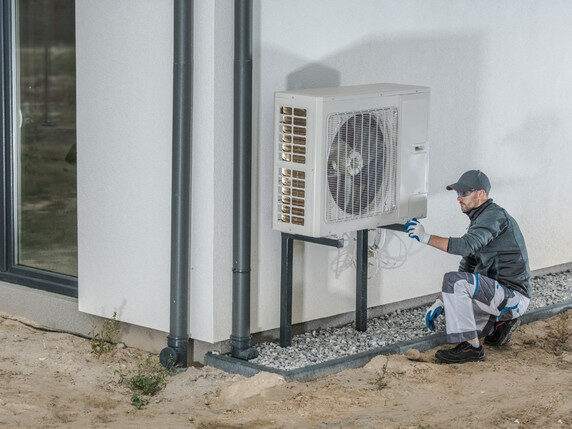Commercial landlords and tenants need to be prepared as environmental regulations to improve EPC ratings come into effect over the coming years. The regulations will require landlords to ensure their commercial properties achieve an ‘E’ rating from April 2023. The Government’s plan includes a staggered increase over time, resulting in buildings achieving a ‘B’ rating by 2030.
Our commercial lease expert Samantha Paxton shares this timely warning for tenants:
Tenants should be mindful of the fact that “green leases” are likely to become far more common as environmental regulations are bolstered. Whilst adjustments to properties may be justified to ensure compliance, these will undoubtedly come at a cost and should therefore be considered at heads of terms stage.
To achieve these new EPC ratings, savvy landlords will look to pass on or share the costs of any improvements that need to be made to the building. Tenants should expect to see landlords include this in new agreements as well as alter (vary) longstanding leases. Agreements that include clauses relating to environmental considerations have been dubbed as ‘green leases’.
With commercial leases tending to last 3-5 years, tenants negotiating new lease deals now need to understand what these clauses could mean for them in the future, before they commit to something legally binding.
Both landlords and tenants should be mindful that a new tenant’s fit-out will need to consider impact on an EPC. This is especially relevant if there is a change of use or requirements unique to the new tenant’s business activity.
To avoid green lease clauses becoming a ‘deal breaker’ issue, and to help avoid potentially expensive disputes later down the line we recommend discussing green commitments at heads of terms stage. This also has the added benefit of keeping contract legal costs to a minimum as it reduces the need for clauses to be redrafted after the lease agreement has been created.







